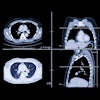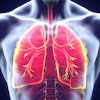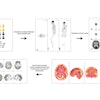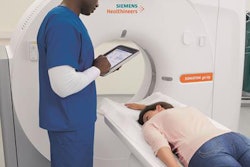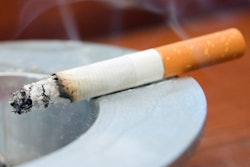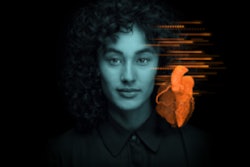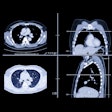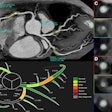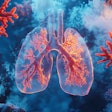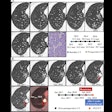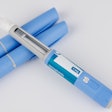Dear CT Insider,
CT's growing role in the emergency room as a tool for triaging patients has extended into cardiac imaging. The hope is that coronary CT angiography (CCTA) could be used to determine which patients can be discharged and which ones should be worked up.
But to what extent has this hope been realized? Although past studies have indicated that CCTA could have a role in triaging individuals presenting with chest pain, a new study published this week in JAMA Internal Medicine is casting doubt on the prospect.
Researchers from Washington University in St. Louis analyzed data from a major cardiac CT trial and found that using CCTA only added expense and contributed to longer length of stay compared to conventional care. Learn more in our Insider Exclusive.
This issue also emphasizes the continuously advancing integration of artificial intelligence (AI) into CT. A group from Japan explained how a convolutional neural network algorithm can help radiologists categorize liver masses based on CT scans. Researchers from Massachusetts General Hospital showed how they applied an AI algorithm to fish for urinary stones on CT scans. And yet another group from Brigham and Women's Hospital investigated whether a deep-learning algorithm could evaluate and even predict lung disease from CT scans alone.
Recently, an expert panel of chest physicians proposed updates to low-dose CT lung cancer screening at the American College of Chest Physicians annual meeting in Toronto.
Along those lines, Canadian researchers presented other potential changes to CT lung cancer screening via their Pan-Canadian Early Detection of Lung Cancer, or PanCan, risk prediction model. Researchers from the U.S. National Institutes of Health confirmed a growing suspicion about the threat of new solid nodules found on follow-up CT screening. And researchers with the Dutch-Belgian Randomized Lung Cancer Screening (NELSON) trial discussed the relationship between nodule count on CT and lung cancer risk.
An assemblage of other recent CT stories is lined up below:
- How accurate is information on the internet concerning CT radiation dose? Researchers from Ireland dug into the details.
- The University of California, Los Angeles used mobile CT scanners to boost the versatility of stroke care.
- Researchers from Maryland questioned if physicians are overusing CT scans.
- How do CT radiation doses compare all around the world? Dose tracking software pointed out telling patterns in this Swiss study.
Any ideas for topics you'd like to read about in the CT Community at AuntMinnie.com are more than welcome.

